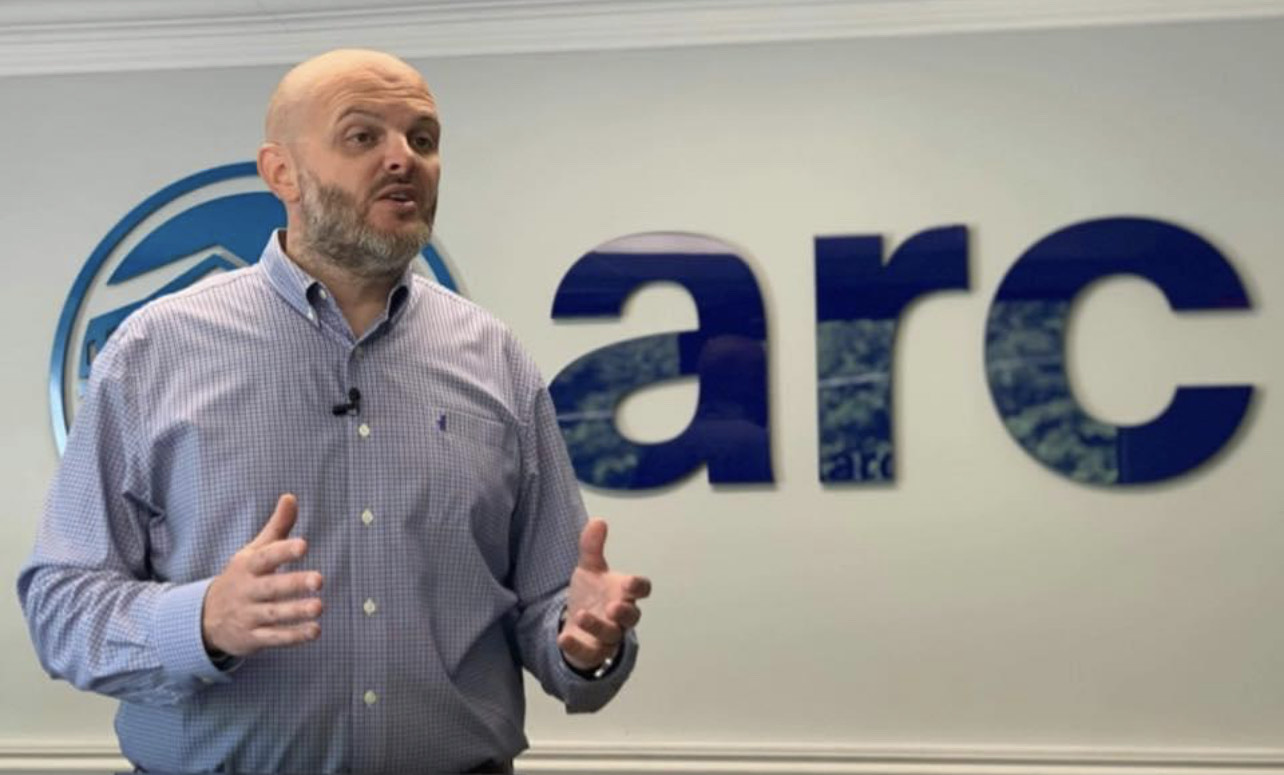PT Alum Will Share Addiction Story for 3rd Tuesday Presentation
Sep 15, 2022
By Ryan Clark
CHS Communications Director
Just over eight years ago, Matt Brown was driving down the road on his riding lawnmower, headed for the local pawn shop, so he could sell more items for drugs.
Brown, a graduate of UK’s Physical Therapy program on the Hazard campus, had been a high-achieving academic his entire life — he was the high school valedictorian who everyone thought was steering down a road of success.
But he had a secret, all those years. Since he’d begun smoking marijuana as a teenager, Brown graduated to other, more harmful drugs, and for more than a decade he was a full-blown addict.

Even though he’d achieved extraordinary accomplishments in school, gradually, his life began to deteriorate. His first wife divorced him. His second kicked him out of the house. He became less and less reliable to his patients to where he eventually lost jobs. He began selling possessions to get more money to feed his habit, and one day he found himself living out of his car.
It was then he walked to his parents’ house and confessed that he needed help.
“I had lost, you know, an entire life,” said Brown, now 43. “I had a house and cars and a family. I lost money and jobs. I was so emotionally and spiritually and mentally and physically exhausted. That was my bottom.”
Brown will tell his story of addiction and recovery in the presentation, “Recovery & Realness: An Evening with Matt Brown,” from 5:30-6:30 p.m., Sept. 20 at The Commons (CTW 127) as part of the 3rd Tuesday Event Series, sponsored by the CHS Office of Diversity, Equity & Inclusion.
The month of September has been recognized by the Substance Abuse and Mental Health Services Administration (SAMHSA) as National Recovery Month since 1989.
Brown now serves as the Chief Administration Officer of Addiction Recovery Care in Louisa.
“It’s hard to find people now who are not affected by addiction,” he said. “As I went through the Addiction Recovery Care program, I started realizing that I had an opportunity to help other people deal with what I had deal with for so long — because, I mean, I had suffered silently.”
And even though Brown is not a Physical Therapist anymore, he says he still uses the skills he learned for his current role.
“Developing relationships with your patients is one skill, and time management, prioritization strategy, communication, conflict resolution, punctuality and dependability are others,” he said. “You really develop a relationship with your patients. You see them two, three times a week. Your relationship becomes a friendship. I’ve taken that skill and used it. We always ask, ‘Are we taking care of our employees and patients the way we need to be?’”
Aside from sharing how he was able to recover from his addiction, Brown says he also hopes he can convey just how harmful experimenting with drugs can be, and how the people who use them aren’t bad — they’re just sick.
“I want students to know that there are healthy ways to deal with the stress of being in school,” he said. “There are, inevitably, people who are going to listen that are drinking too much. Maybe they’re going through some drug use. I don’t know. But I bet there’s some people who need to hear this story — maybe I can catch them before they go too far. I’m glad I can be there to help.”